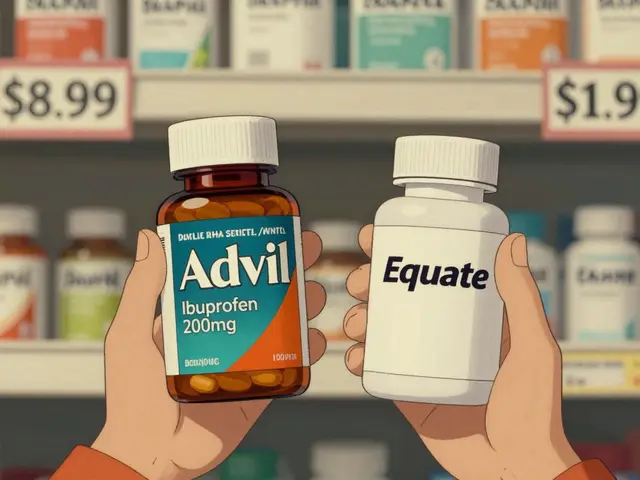Heart patients: practical meds, tests, and safer choices
If you have heart disease, high blood pressure, or follow-up care after a heart event, small daily choices matter. This page pulls together plain, useful advice on common heart medicines, drug interactions to watch for, and simple steps you can take today to stay safer and feel better.
Medications heart patients often use
Some medicines you’ll see a lot: diuretics like Lasix (furosemide) for fluid control, ACE/ARB drugs such as losartan (Cozaar) for blood pressure and heart protection, and statins or newer options like bempedoic acid for cholesterol. If you have pulmonary arterial hypertension, drugs like ambrisentan may come up. Each medicine has trade-offs: Lasix helps reduce swelling but can change your potassium and kidney numbers; losartan helps lower pressure and protects the kidneys but can make cough or dizziness worse for some; statins cut heart risk but need attention for muscle symptoms. Bempedoic acid is an option when statins can’t be used, but it has its own side effects to check with your clinician.
Also pay attention to antibiotics and other prescriptions: linezolid (Zyvox) and some antibiotics interact with antidepressants and certain foods. Always tell every clinician what you take so they can spot risky combos.
Practical daily steps for safer heart care
Keep an up-to-date medicine list — include doses, why you take each drug, and the phone number of your pharmacy. Carry it to every appointment and upload a copy to your phone. Weigh yourself daily if you’re on diuretics; sudden weight gain can mean fluid build-up and needs prompt action. Track blood pressure at home and bring logs to your visits.
Watch what you eat with your meds: grapefruit and related citrus can change how some drugs are absorbed and can raise drug levels unexpectedly. Ask your pharmacist specifically about fruit and supplement interactions before trying new juices or herbal products.
Get lab tests on schedule. For diuretics and ACE/ARB drugs, doctors check kidney function and electrolytes. For cholesterol therapy, labs track lipid levels and sometimes liver enzymes. If you start a new cholesterol drug like bempedoic acid or change statin dose, expect labs in a few weeks to months.
Thinking of buying meds online? Use trusted pharmacies, require a prescription when needed, and avoid offers that look too good to be true. Counterfeit or incorrectly dosed drugs are a real risk for heart patients. If an online seller won’t verify a prescription or won’t give clear contact and licensing info, skip it.
Finally, ask specific questions: What symptoms should send me to the ER? How often should I check labs? Will this new drug affect my diabetes or kidney tests? Clear answers help you act fast when something changes.
Want quick reads tailored to heart issues? Check our guides on Lasix, Cozaar (losartan), cholesterol options, and citrus drug interactions for deeper, practical steps you can use right away.

Ivabradine and Weight Management: Can It Help Heart Patients Lose Weight?
In my recent blog post, I explored the potential benefits of Ivabradine for heart patients struggling with weight management. Ivabradine, a medication primarily used to treat certain heart conditions, has shown promising results in helping patients lose weight. While more research is needed to fully understand its effectiveness, preliminary studies suggest that it could offer a promising solution for heart patients looking to maintain a healthy weight. As always, it's essential to consult with a healthcare professional before making any changes to your medication or weight loss plan. Stay tuned for more updates on this fascinating topic!
Read More




